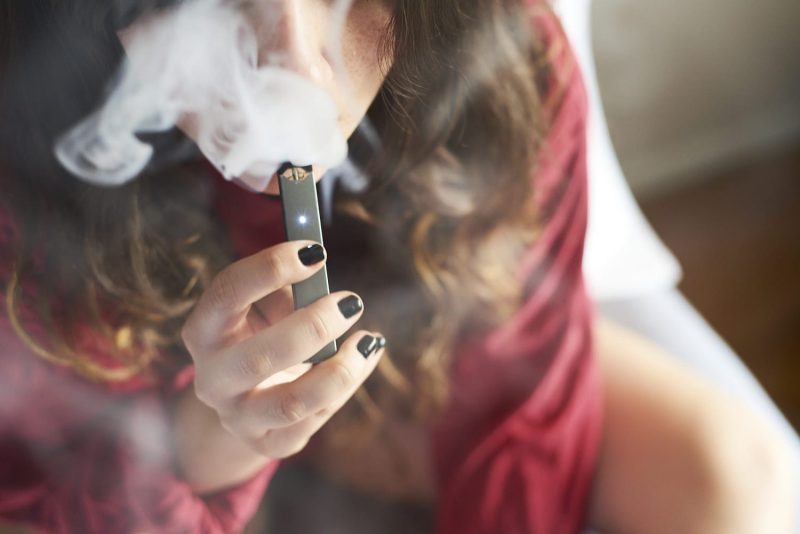The recent $300 million class-action settlement involving Juul Labs Inc. has brought relief to some Juul users who have experienced adverse health effects from using the popular e-cigarette product. As part of this settlement, eligible claimants can receive compensation ranging from hundreds to potentially thousands of dollars, depending on their specific circumstances and damages incurred.
This landmark settlement, which has been making waves across the vaping industry, stems from a lawsuit that alleged Juul Labs Inc. targeted young users through deceptive marketing practices, leading to a surge in youth addiction to nicotine. This legal battle has underscored the importance of holding companies accountable for their roles in fueling the youth vaping epidemic and the health consequences that followed.
For affected Juul users who have suffered from health issues such as respiratory problems, addiction, and other related ailments, the promise of financial restitution is a significant step towards seeking justice and recovery. The settlement provides a pathway for individuals to recoup some of the damages they have incurred while using Juul products.
The compensation offered in this settlement is a testament to the growing awareness surrounding the risks associated with e-cigarette use, particularly among vulnerable populations such as young adults and minors. By providing monetary relief to affected individuals, the settlement aims to address the physical, emotional, and financial toll that vaping-related health issues have taken on users and their families.
Moreover, this class-action settlement serves as a powerful message to the e-cigarette industry at large, emphasizing the need for greater transparency, responsible marketing practices, and enhanced regulation to protect consumers, especially young people, from the potential harms of addictive substances like nicotine.
As the details of the settlement unfold and eligible claimants begin to receive their compensation, it is crucial to recognize the collective effort that has gone into holding Juul Labs Inc. accountable for its actions and providing recourse for those impacted by their products. Moving forward, this settlement stands as a precedent for increased scrutiny and accountability within the vaping industry, signaling a shift towards prioritizing public health and consumer safety over profit margins.
In conclusion, while the $300 million class-action settlement represents a significant victory for Juul users seeking restitution for their health issues, it also marks a turning point in the ongoing battle against youth vaping and the deceptive practices that have fueled this epidemic. By providing financial compensation to affected individuals and shedding light on the harms of e-cigarette use, this settlement paves the way for a safer and more transparent future within the vaping industry.


























